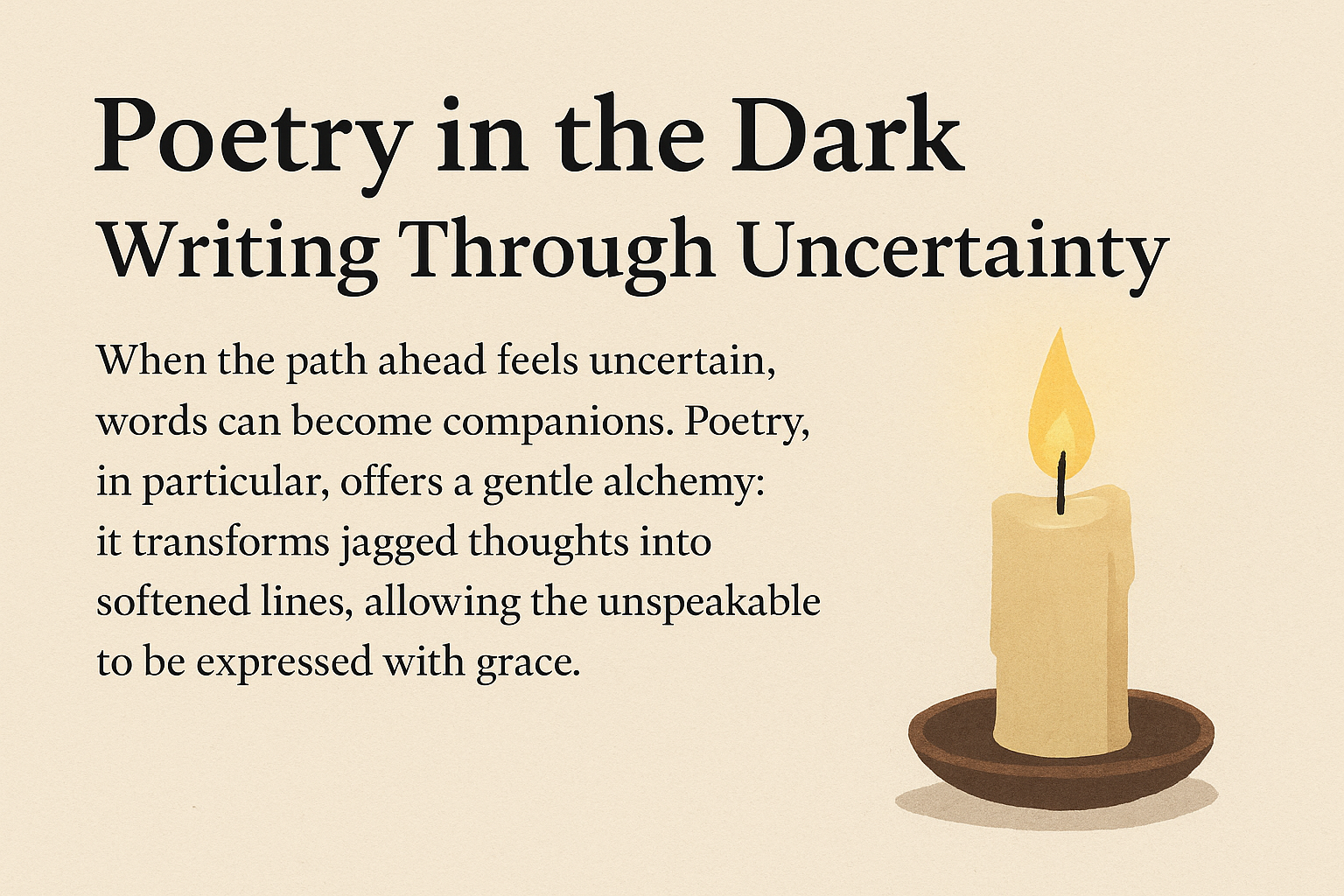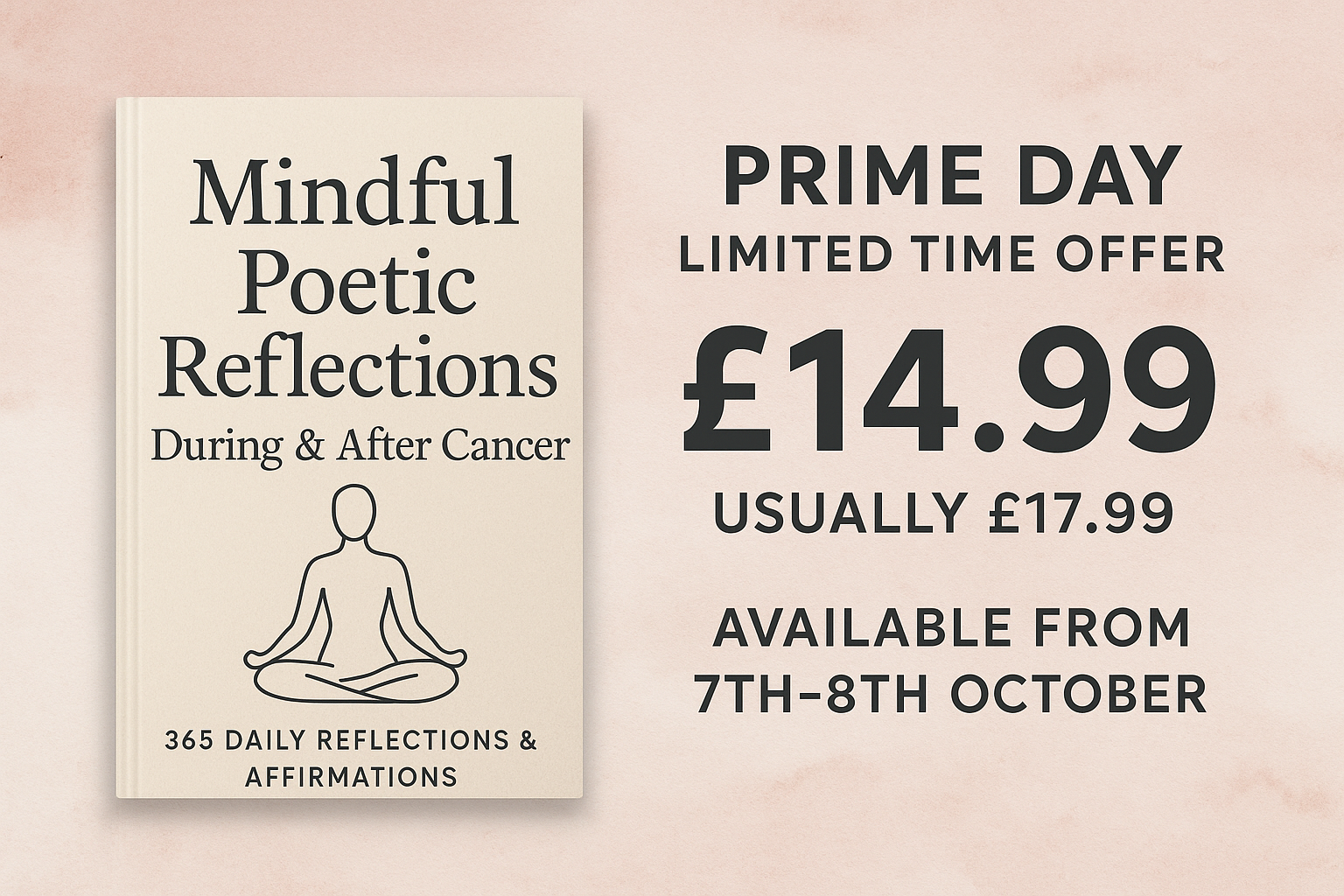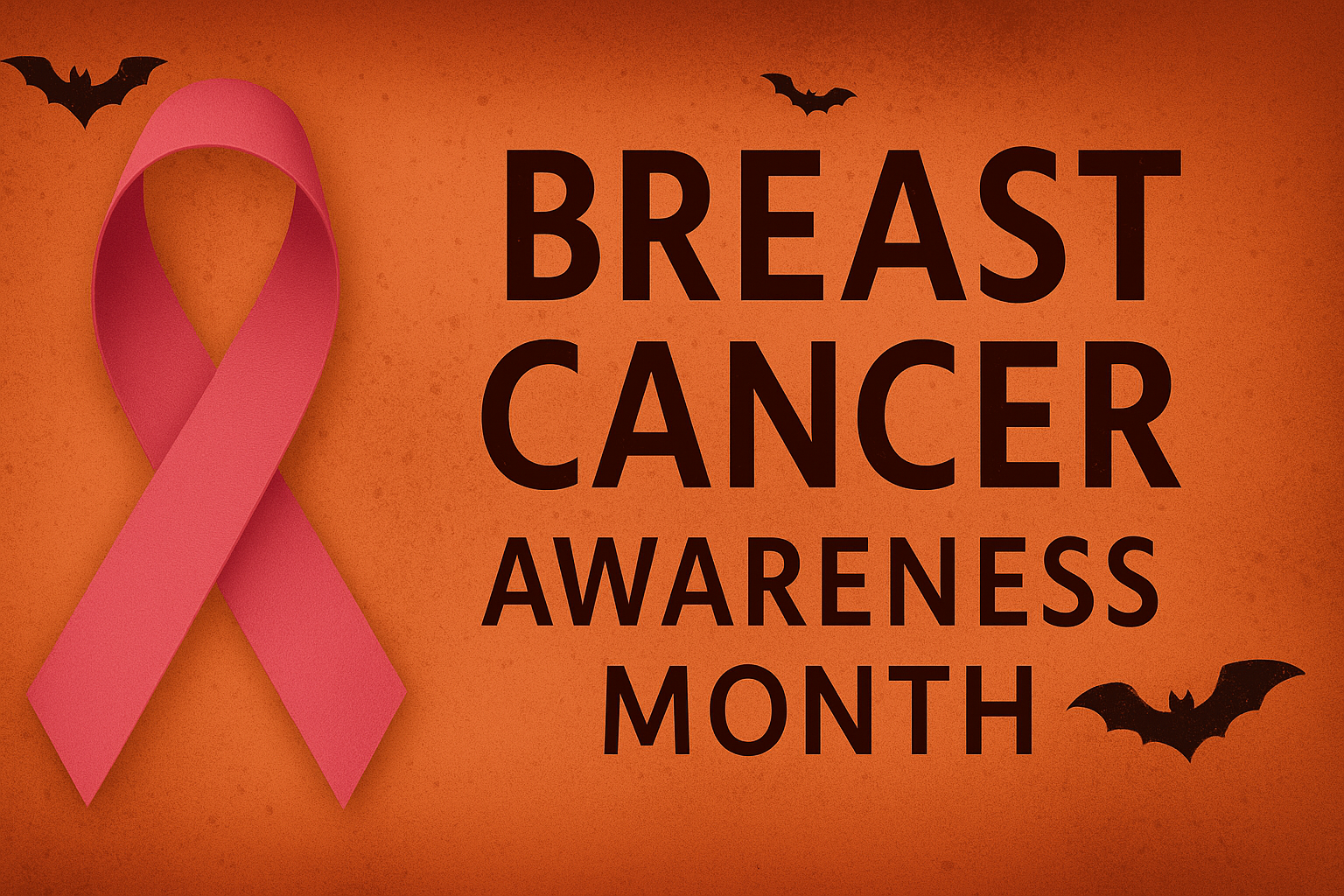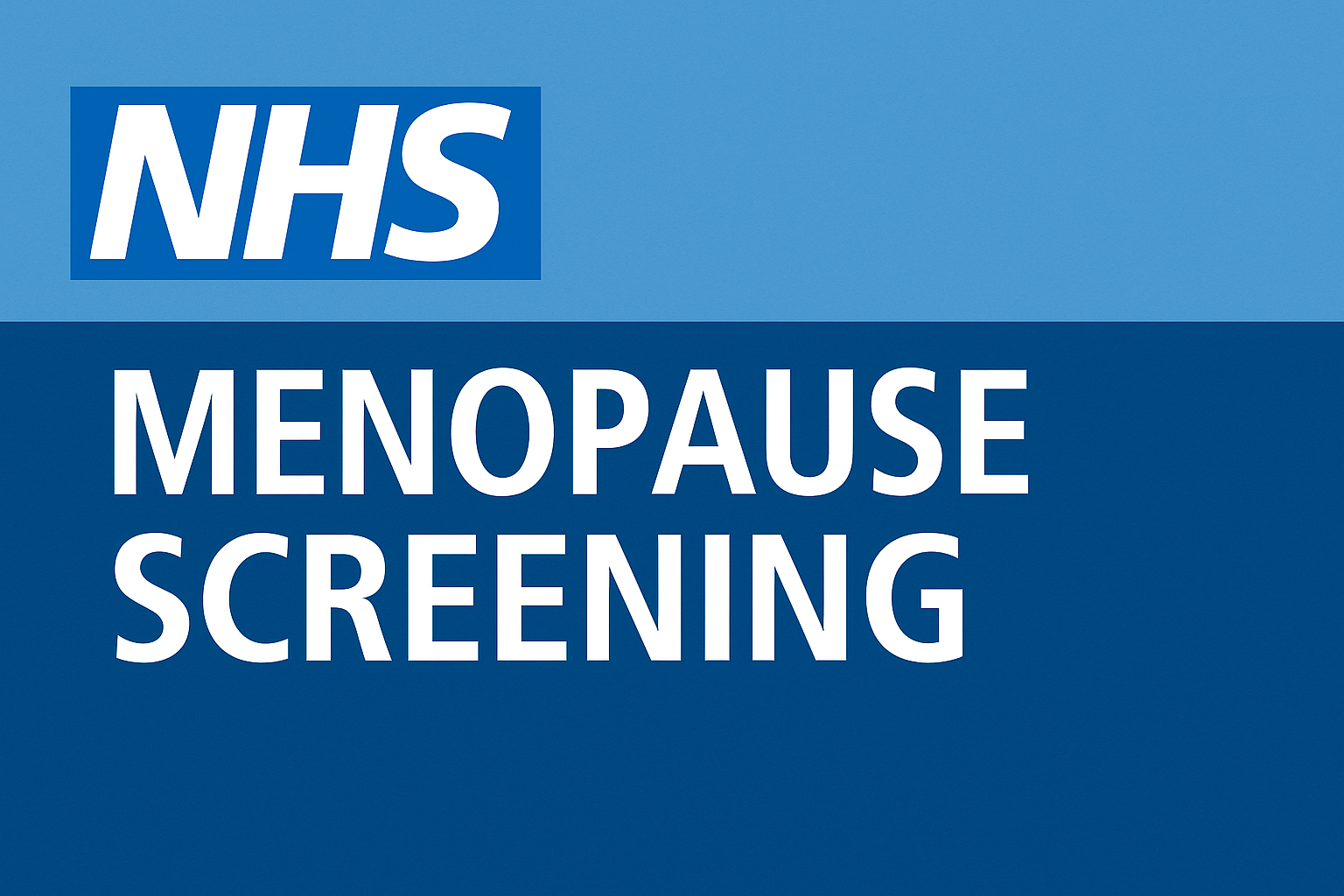By Caroline David-Tostevin
When the path ahead feels uncertain, words can become companions. Poetry, in particular, offers a gentle alchemy: it transforms jagged thoughts into softened lines, allowing the unspeakable to be expressed with grace.
The cancer journey often contains silences—the silence of sterile waiting rooms, the silence of midnight anxieties, the silence of questions that have no immediate answers. Into this silence, poetry can step like a candle, illuminating even the smallest corner of the dark.
Poetry is forgiving; it makes no demands for perfection. A haiku scribbled on the back of an envelope, a whispered couplet in the kitchen, or a rough line scrawled during treatment—each is a small act of survival. These fragments are more than words; they are monuments to endurance and fragile hope.
Research supports the role of expressive writing in healing. Pennebaker’s pioneering work (1997) revealed that writing about personal experiences can reduce stress, improve emotional health, and even strengthen immune function. More recent studies confirm that expressive writing supports trauma processing and resilience in people living with chronic illness, offering both psychological and physiological benefits (Smyth, 1998). For those living with cancer, poetry provides a means of articulating what might otherwise remain unsaid—giving shape to fears, hopes, and the tender spaces in between.
Poetry is also deeply democratic. You do not need to be a poet to write poetry. There is no right rhythm, no wrong image. The value lies not in the polish but in the presence. Writing lines in the middle of fear is an act of courage. To give words to the unspeakable is to reclaim one’s voice.
Here is a simple verse for such moments:
When fear walks beside,
I breathe, and the night softens—
a star finds its voice.
Mindful Invitation:
Write three lines today. They need not rhyme, nor impress. Simply let your pen—or your heart—speak what weighs on you. Trust the page to hold it.
References
Pennebaker, J.W. (1997) Opening Up: The Healing Power of Expressing Emotions. New York: Guilford Press.
Smyth, J.M. (1998) ‘Written emotional expression: Effect sizes, outcome types, and moderating variables’, Journal of Consulting and Clinical Psychology, 66(1), pp. 174–184.





